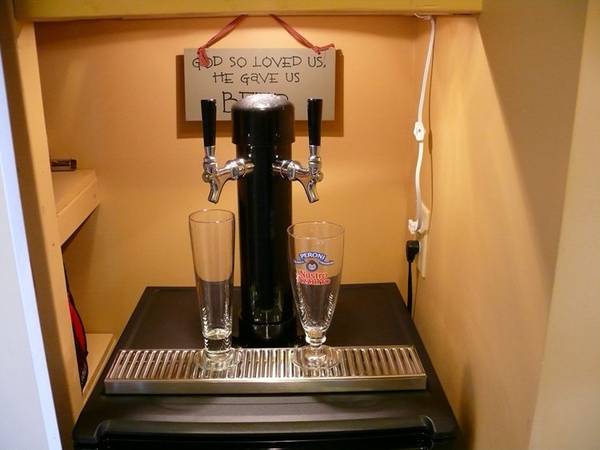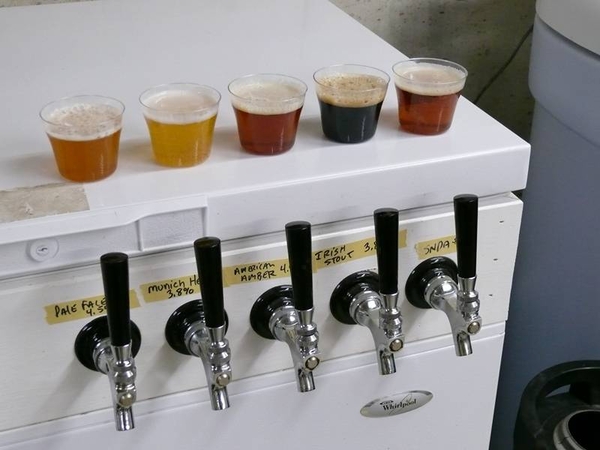carnevoodoo
Well-Known Member
I was thinking about this...
We know corn sugar dries out a beer. Do you think they just up their mash temp by one degree or add some carapils to even this effect out?
But then again, SNPA isn't bottle carbed...is it? So that would literally be a taste difference just from packaging in 12oz bottles.
Sierra Nevada is bottle conditioned. #1 on the FAQ.
http://www.sierranevada.com/faqs_ales.asp
And again, corn sugar in the amount needed to bottle condition isn't going to dry anything out. It adds carbonation. It doesn't really change the profile.
As for the rest of the conversation, I'm just laughing reading it. There's a lot of bad information on this forum, and I can't believe how it continues to propagate. OP, you're just wrong. It is ok that you feel cornered or whatever, but you need to let this one go. It is ok to admit you're wrong on occasion.







